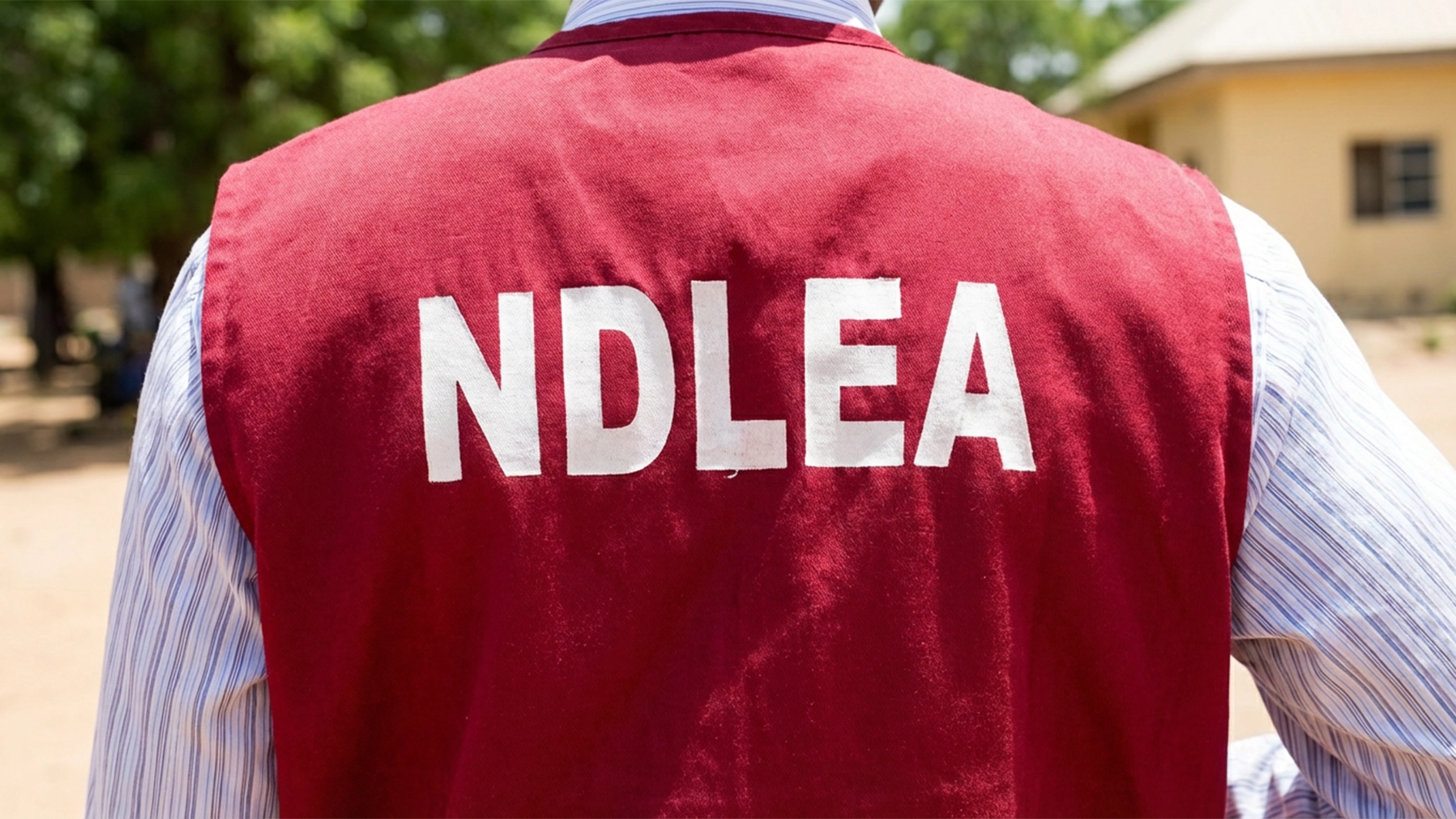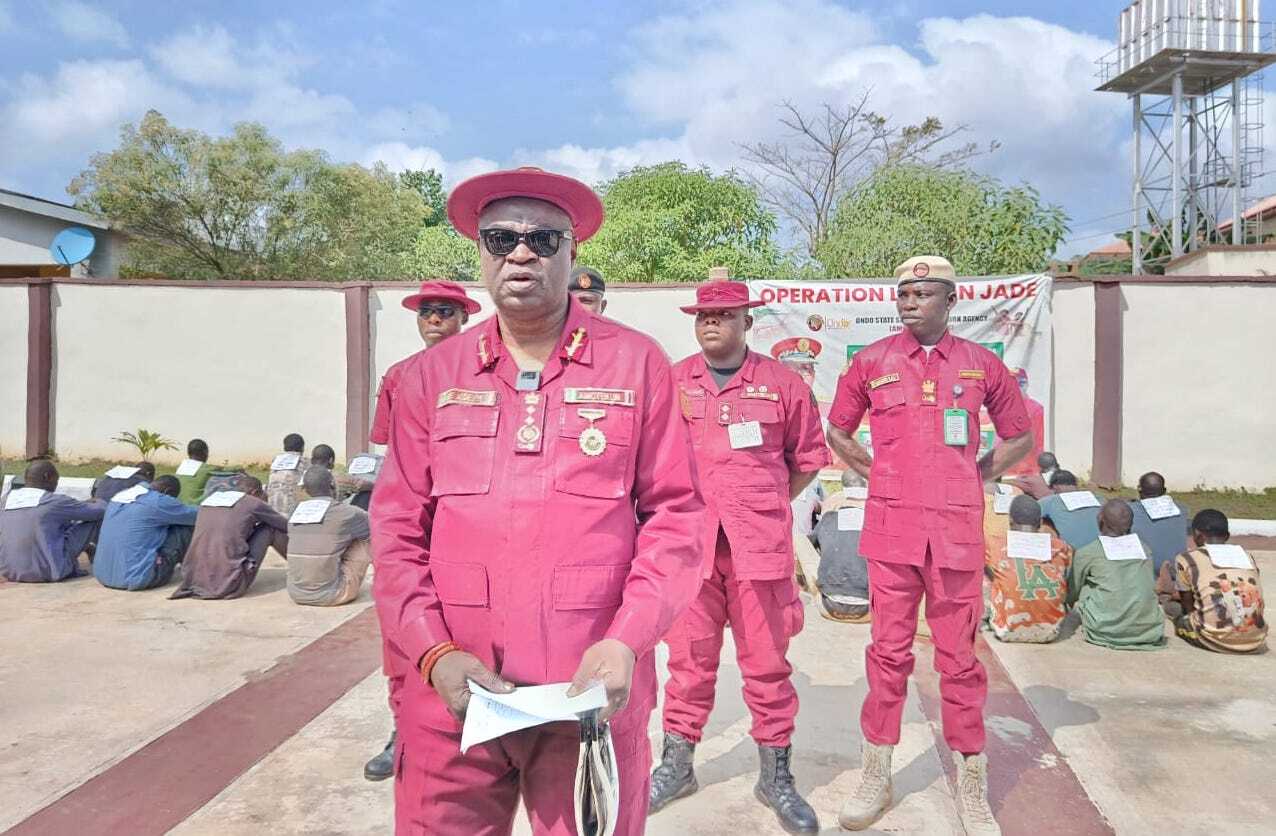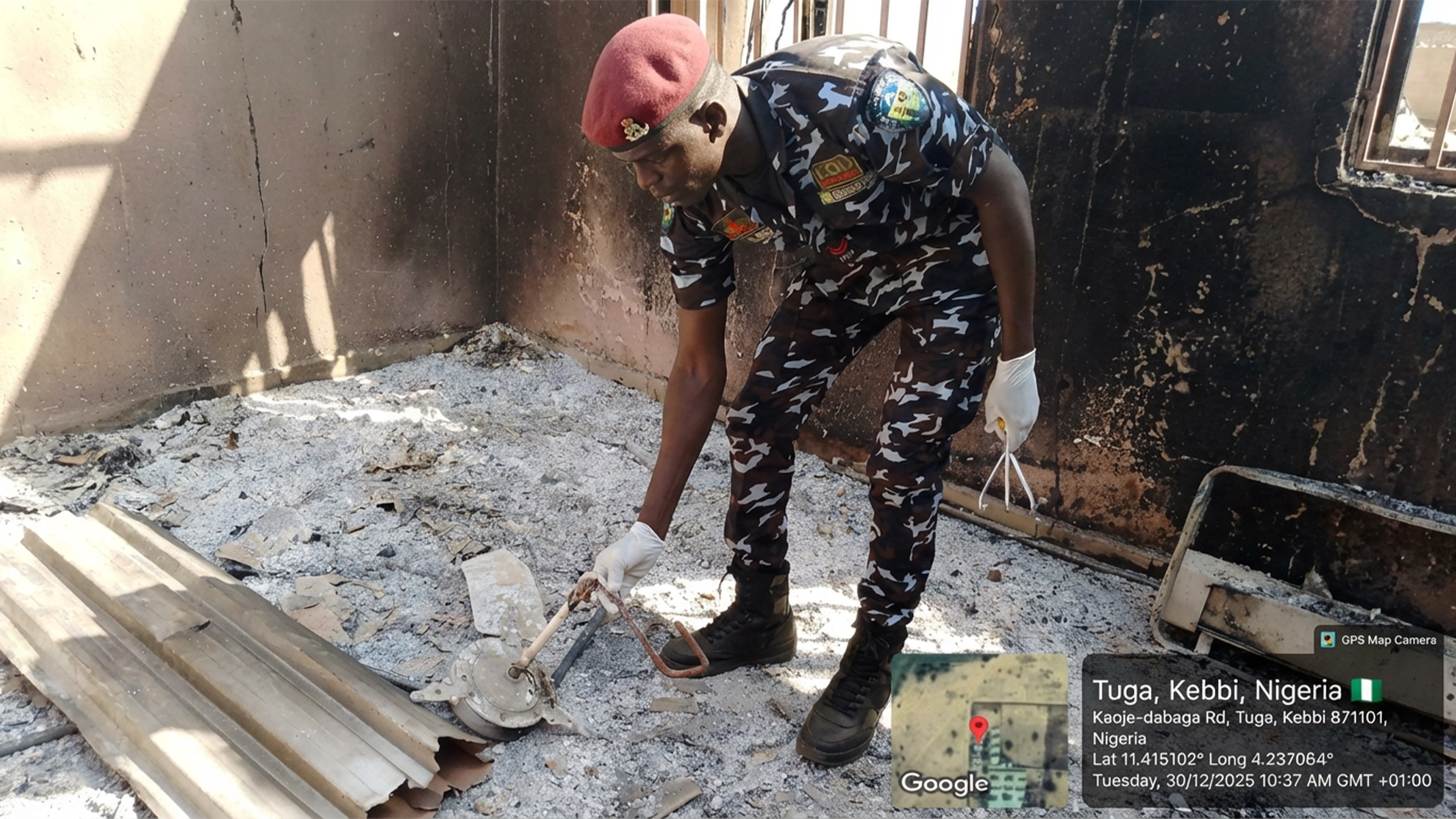The Hydrocarbon Pollution Remediation Project (HYPREP) has called on the indigenes of the Niger Delta and all coastal communities to protect the mangroves in their respective domains.
Professor Nenibarini Zabbey, Project Coordinator of HYPREP, in a statement marking World Mangrove Day, emphasised that mangroves play a crucial role in coastal ecosystems, providing habitat for a diverse array of species, protecting shorelines from erosion, and maintaining water quality.
Zabbey emphasised the importance of mangrove conservation, citing the theme of this year’s World Mangrove Day: “Protecting Wetlands for Our Common Future.”
He said the theme reflects the role of mangroves in maintaining environmental integrity, regulating the climate, providing socio-economic support, and conserving biodiversity
He said: “Every mangrove restored is a step toward climate stability, economic security, and ecological health.
“The Niger Delta, with its people, culture, and courage, can lead the world in wetland recovery. By supporting nature-based solutions and promoting sustainable development, Nigerians can contribute to a more sustainable future and ensure the long-term health of the environment and local communities.”
He added: “On this World Mangrove Day, let us become guardians of the Niger Delta mangroves, protecting our wetlands not just for today, but for posterity and humanity.
“We urge Nigerians to support nature-based solutions that integrate science and indigenous knowledge, invest in women’s and youth education, and promote sustainable livelihoods tied to a healthy ecosystem.”
Zabbey disclosed that HYPREP has made significant progress in restoring degraded mangrove ecosystems in Ogoniland, stating the project has completed 93 per cent of the Phase 1 mangrove restoration in Bomu Creek, covering 560 hectares. Over 1.3 million multi-species mangrove seedlings have also been planted, mimicking the natural zonation and the relative proportions of the five mangrove species.
He added that the project has also generated over 600 direct jobs for Ogoni youths and women, who are engaged in planting and monitoring mangrove seedlings and saplings. Zabbey pointed out that the mangrove vanguards trained by HYPREP and supported with grants have nurtured and supplied the mangrove seedlings to the restoration planting contractors, boosting the livelihood benefits of the Ogoni mangrove restoration initiative.
According to him, HYPREP plans to expand the mangrove restoration to other communities in Ogoniland as part of its Phase 2 mangrove restoration project, scheduled to commence in the fourth quarter of 2025.
He further stated that the project has also begun raising awareness among local communities about the importance of protecting mangroves and has distributed clean cookstoves as part of a pilot scheme aimed at reducing reliance on mangrove wood for cooking.






